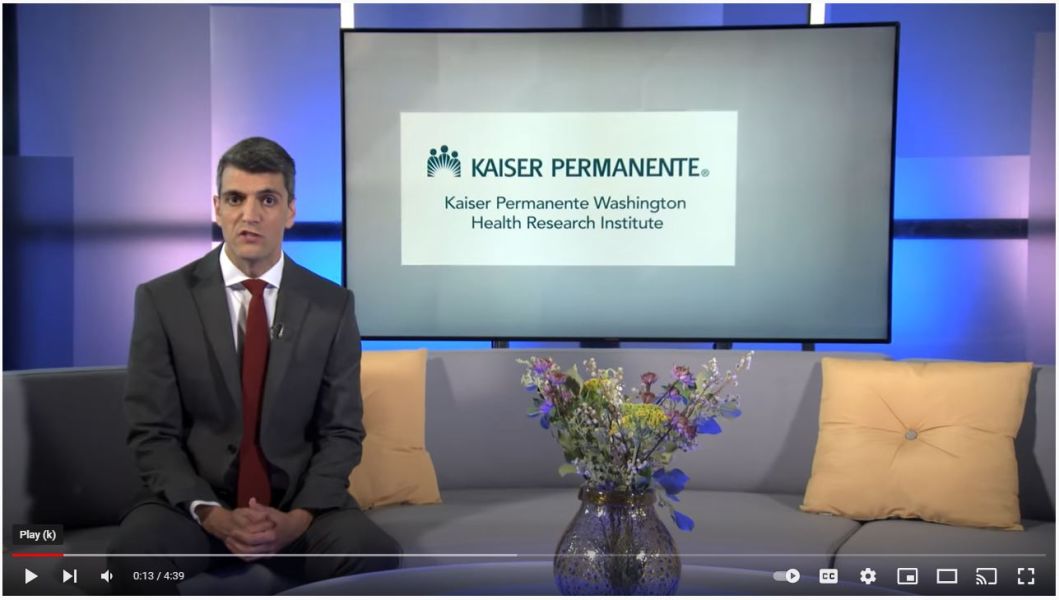
Coverage of the ACT Study
Findings from the Adult Changes in Thought (ACT) Study are shared primarily in peer-reviewed medical journals and at professional conferences related to Alzheimer’s disease, geriatrics, and neuroscience. Plain language summaries for study participants are often included in our quarterly participant newsletters as well.
A list of key publications is provided on our Data Resources page. You can also access a list of all ACT-related papers through the National Library of Medicine’s PubMed ↗ site.
The following news release provides additional context and insights about the scope of the ACT Study and grant award.
Recent News

Web resource for children of families affected by AD
November 11, 2025
High school student, Makena Crosser, produced a website called NavigatingAlzheimers.org focused on youth-aged family members of people diagnosed with Alzheimer's disease. To visit the site, click here.
 ACT Core Lead on ADRD
ACT Core Lead on ADRD
October 30, 2025
ACT is please to share news that Caitlin Latimer, MD, PhD, Co-Lead of the ACT Neuropathology Core has been selected to join the Alzheimer’s Disease Research Center (ADRC) Neuropathology Core Steering Committee. Dr. Latimer will serve a 3-year term.
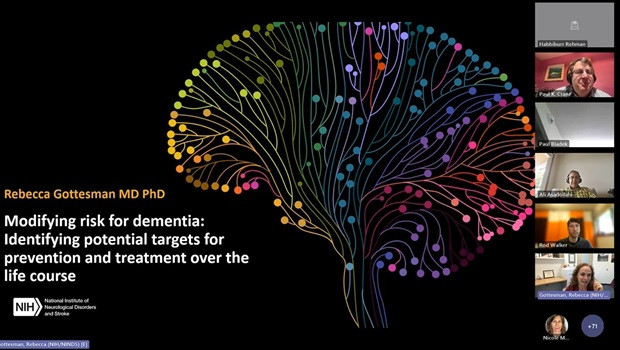 ACT Research Symposium meets virtually to discuss brain aging science
ACT Research Symposium meets virtually to discuss brain aging science
June 13, 2025
In May 2025, the ACT 12th Research Symposium occurred over the course of 2 days. Researchers and interested individuals gathered online to discuss research related to the ACT Study and brain aging science. Read more here.
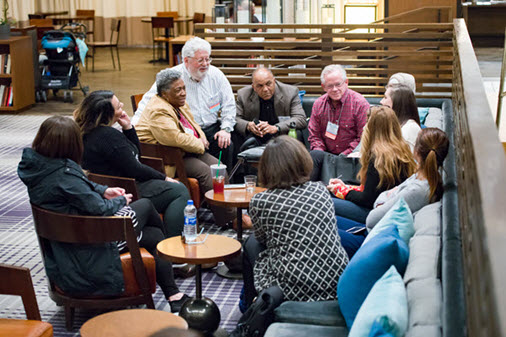

February 25, 2025
Dr. Linda McEvoy, Senior Investigator of the ACT Study, presented work from ACT researchers at the Mirabella Seattle senior living community. The presentation described findings from the study and how valuable it is for learning more about brain aging, as well as risk and protective factors for brain health in aging. Read more here.
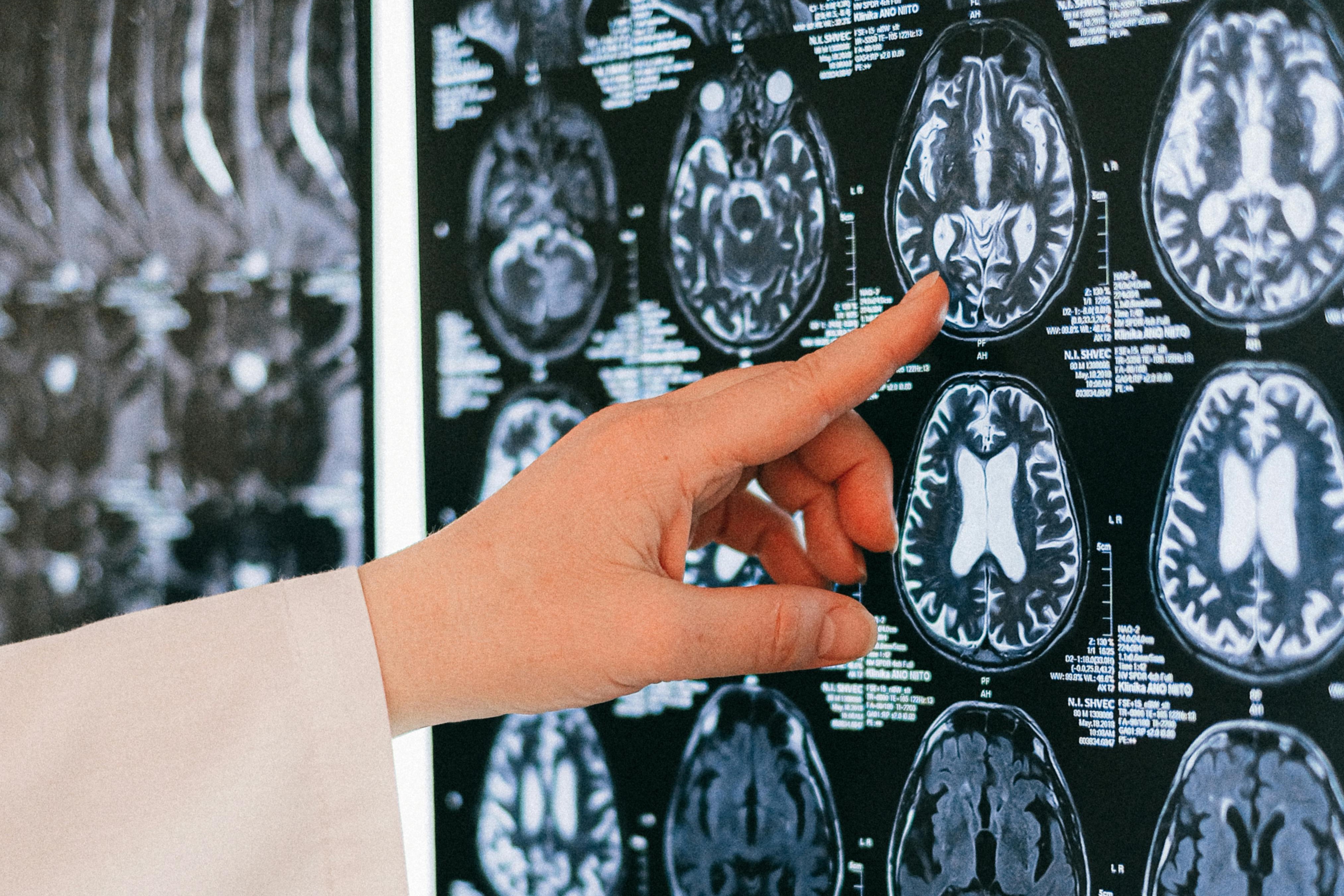

November 7, 2024
A new study in Nature Neuroscience by researchers with the Allen Institute for Brain Science, ACT Study, and UW Medicine Alzheimer’s Disease Research Center creates a detailed timeline of what happens to brain cells at the cellular and molecular level as Alzheimer’s disease progresses. See the full story on NPR's Morning Edition.
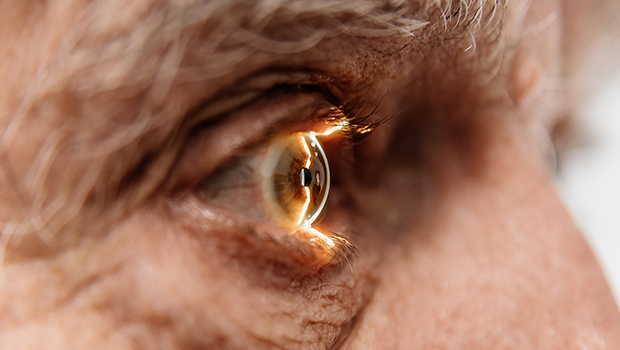

July 16, 2024
The research builds on the ongoing Adult Changes in Thought (ACT) Study, started in 1994. Read more here.
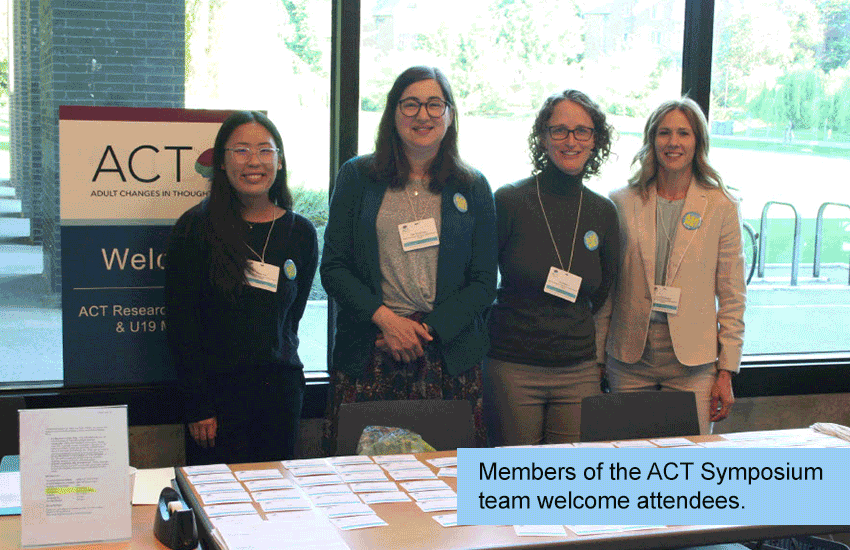
ACT 11th Research Symposium featured in KPWHRI news
June 11, 2024
The Symposium featured talks related to the theme, "Alzheimer’s Disease and Dementia Biomarkers: Current Advances, Future Directions, Implications for Research." Read more here.
ACT 10th Research Symposium featured in KPWHRI news 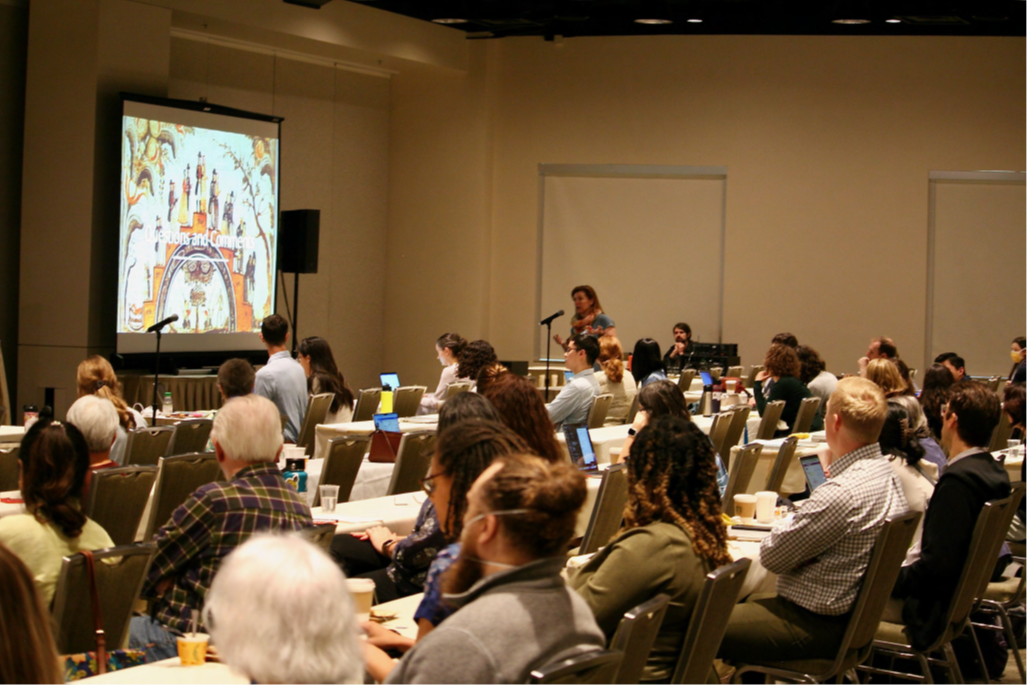

June 16, 2023
The ACT Research Symposium returns with an in-person scientific forum. Read more here.

Using long-term data to understand a vulnerable population
May 10, 2023
Studies using data from ACT offer insights into the lives of older adults with dementia who lack family. Read more here.


April 26, 2023
Dr. Linda McEvoy joins the ACT study and KPWHRI as a Senior Investigator. Read more about Dr. McEvoy here.
Brain Donations: a Gift for Future Generations 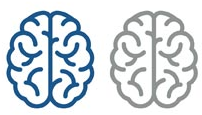

April 26, 2023
One donated brain can make a huge impact, potentially providing information for hundreds of research studies. Read more from the National Institutes of Health here.
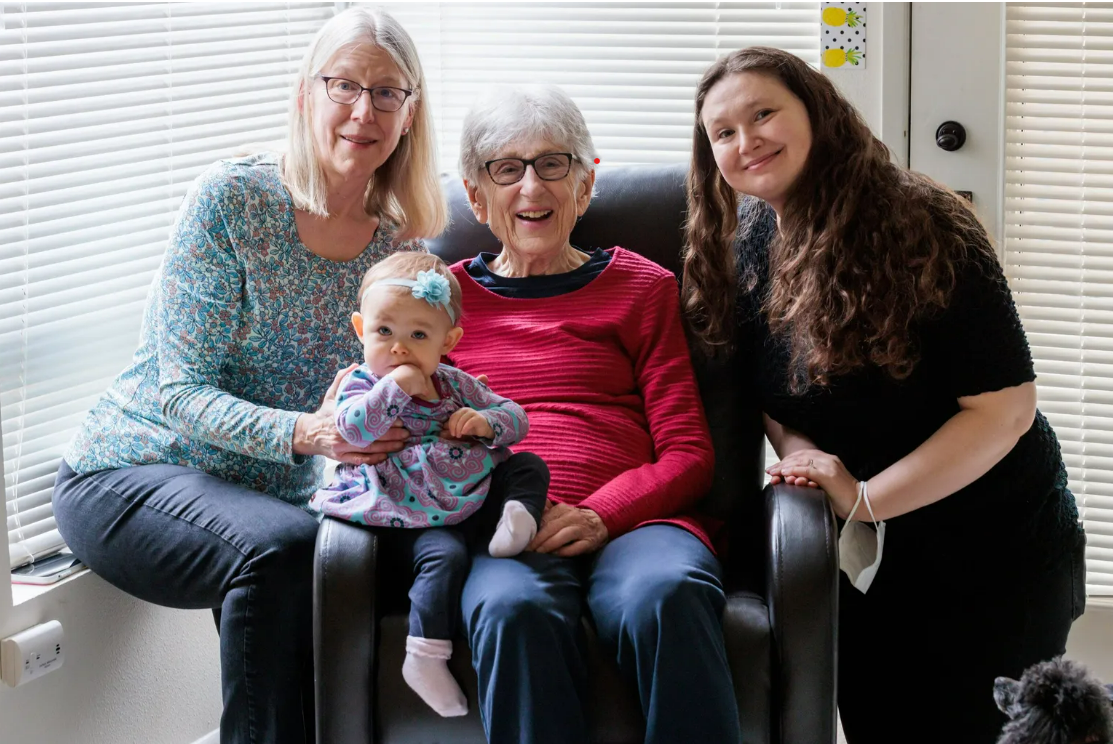

April 14, 2023
Article in the Seattle Times features the ACT Study. See the full story here.
 Dementia risk screening tool shows promise in health care setting
Dementia risk screening tool shows promise in health care setting
August 1, 2022
Study finds that a new tool to help discover undiagnosed dementia, initially developed and validated using ACT data, performed well in 2 separate health systems. See the full story here.


July 29, 2022
Collaborators at the Allen Institute have just released some of the first publicly available data, much of which comes from brain tissue donations from ACT participants, that provides new insights to brain changes in Alzheimer’s disease. See the full story here.
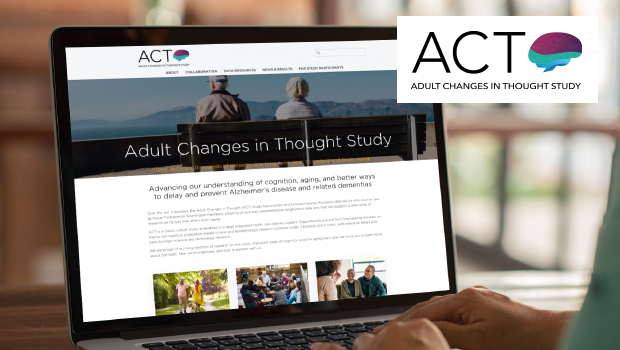 Healthy aging: New tool for research and collaboration
Healthy aging: New tool for research and collaboration
May 12, 2022
Adult Changes in Thought (ACT) Study launches a new website to advance our understanding of brain aging. See the full story here.
 Cataract surgery linked with lessened dementia risk
Cataract surgery linked with lessened dementia risk
December 6, 2021
ACT Study researchers, led by Dr. Cecilia Lee at the University of Washington, found patients who had cataract surgery had a 30% lower risk of developing dementia in this recent study published in JAMA Internal Medicine. See the full story here.
 Roundup of 3 recent studies on dementia risk
Roundup of 3 recent studies on dementia risk
November 16, 2021
ACT researchers explore links between hearing loss, military service, and cognitive decline — and look at timeliness of diagnosis. See the full story here.
 Air pollution linked to higher risk of dementia
Air pollution linked to higher risk of dementia
August 4, 2021
With data from the ACT Study, researchers associated increased levels of fine particle pollution with a greater risk of dementia. See the full story here.
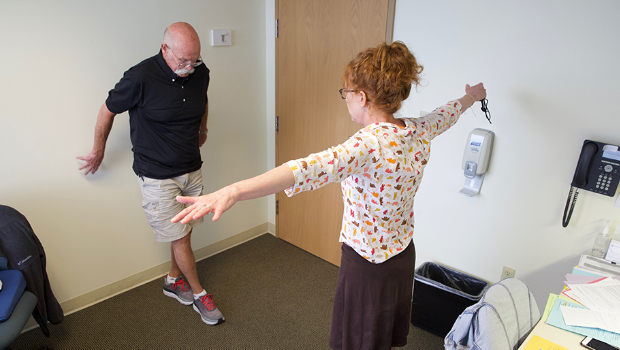 Grant of over $55M to boost Alzheimer’s, dementia study
Grant of over $55M to boost Alzheimer’s, dementia study
May 20, 2021
Kaiser Permanente Washington will co-lead an expanded ACT Program to better understand the aging brain. See the full story here.
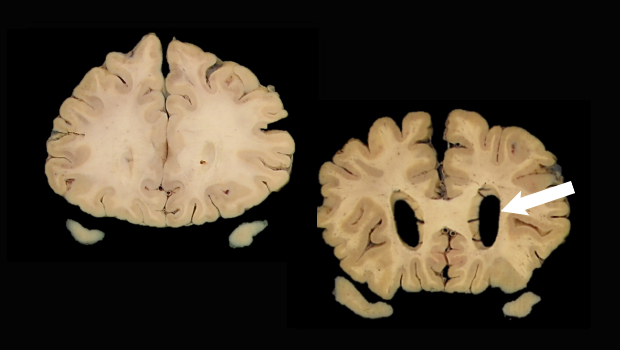 Study evaluates biomarker criteria for Alzheimer’s risk
Study evaluates biomarker criteria for Alzheimer’s risk
April 27, 2021
One-third of people classified as “highest risk” may not develop Alzheimer’s disease, study suggests. See the full story here.
The ACT Study was also featured in the Alzheimer's Disease International's 2018 documentary, Every Three Seconds.
We're Hiring
Please visit the Kaiser Permanente Washington Health Research Institute’s careers page to view open positions.

